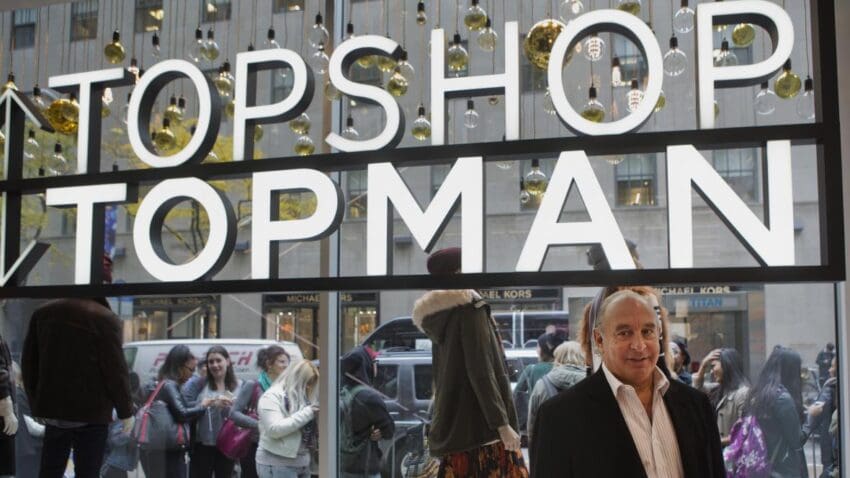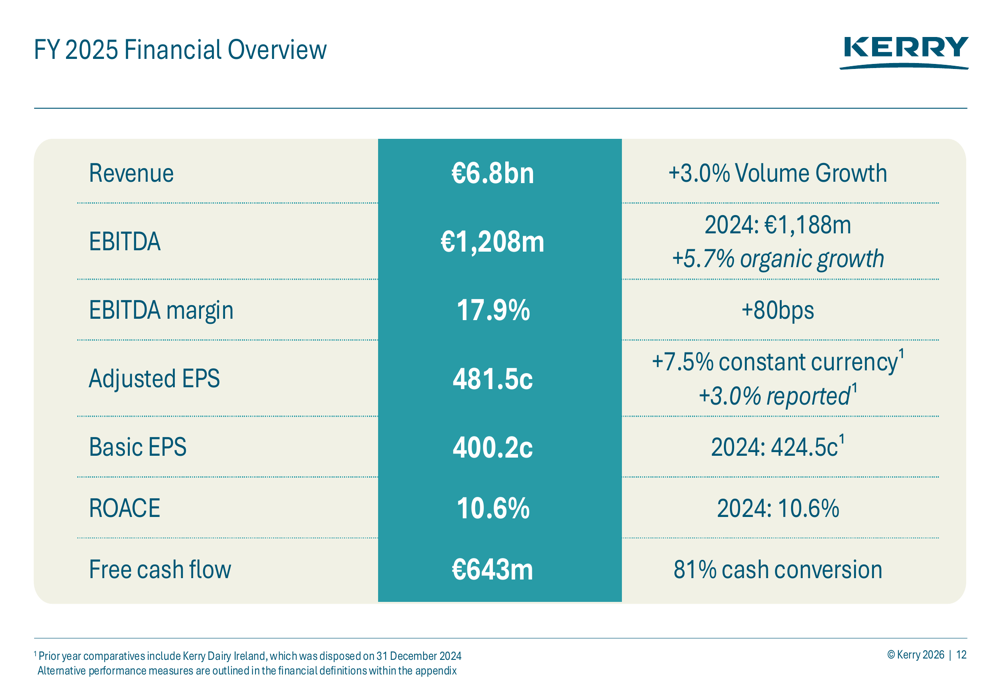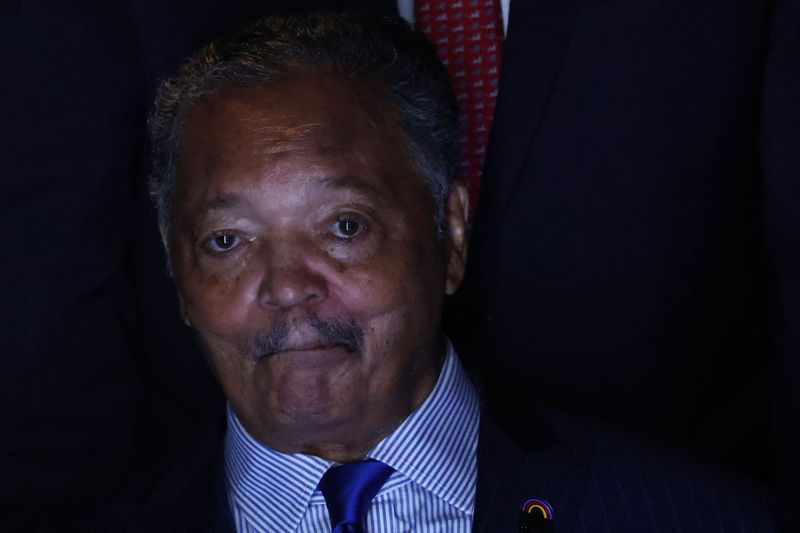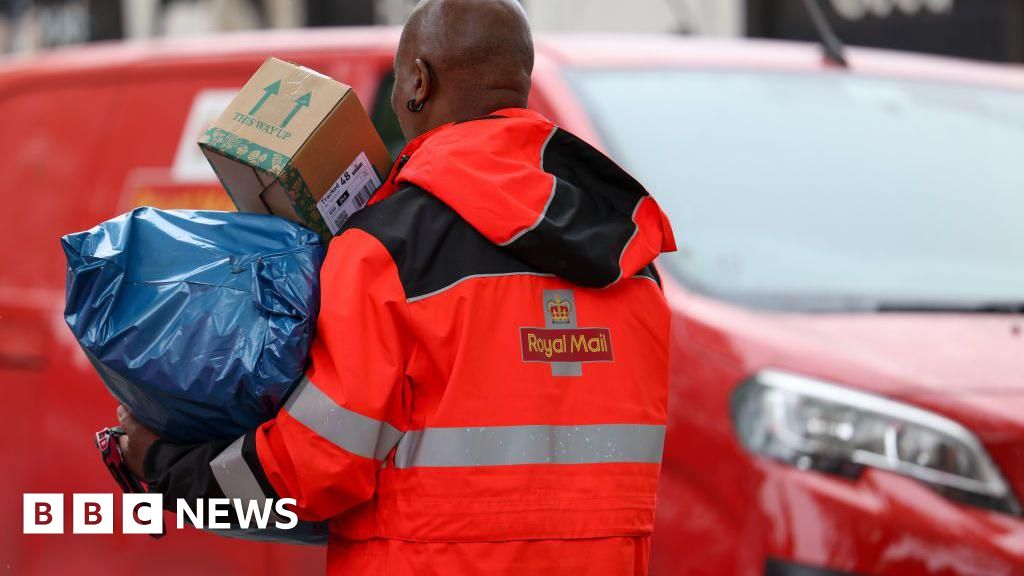Eligible business must employ between five and 249 people and be located within a 50-mile radius of the university
Companies in and around Bristol looking to scale up and boost productivity are being encouraged to apply for grant funding from the University of the West of England (UWE). The university has launched the next round of its Scale up 4 Growth (S4G) scheme, which is designed to accelerate the growth of small and medium‑sized enterprises across the region.
Eligible SMEs can apply for 50 per cent match‑funded grants contributing toward projects valued between £20,000 and £80,000.
S4G supports projects that help companies scale, innovate and boost productivity. Funding can be used to address specific challenges or opportunities, such as adopting new technology, developing new products or services, or increasing operational capacity.
The grants aim to support growth activity for SMEs from the UK Government’s eight high-growth sectors: advanced manufacturing; clean energy; creative; defence; digital and tech; financial services; life sciences; and professional and business services.
All funded projects must create at least one full-time equivalent role per £10,000 of grant awarded, ensuring meaningful economic impact for the region.
Eligible businesses must:
- Employ between five and 249 people;
- have a turnover of under £44m or a balance sheet total of under £38m;
- be located and deliver project activity and outcomes within a 50‑mile radius of UWE Bristol;
- and demonstrate clear ambitions to grow, including increased employment and turnover.
According to UWE, proposals should also link to at least one of the five growth challenges facing scale-up and high-growth enterprises including finding talent; building leadership capacity; increasing sales or access to markets; accessing finance or growth capital; and accessing infrastructure.
As well as financial support, participating SMEs will receive one-to-one guidance from the S4G team.
Tracey John, director of research and external engagement at UWE Bristol, said: “We are proud to champion SMEs across the region. At such a pivotal moment for the regional economy, this programme is helping businesses unlock their potential and accelerate their growth. This area is a hub for innovation, and we’re delighted to play a role in driving that momentum forward.”
Applications close at midday on March 12, 2026, and companies will need to complete an expression of interest via the university’s website before receiving an application pack.


























































